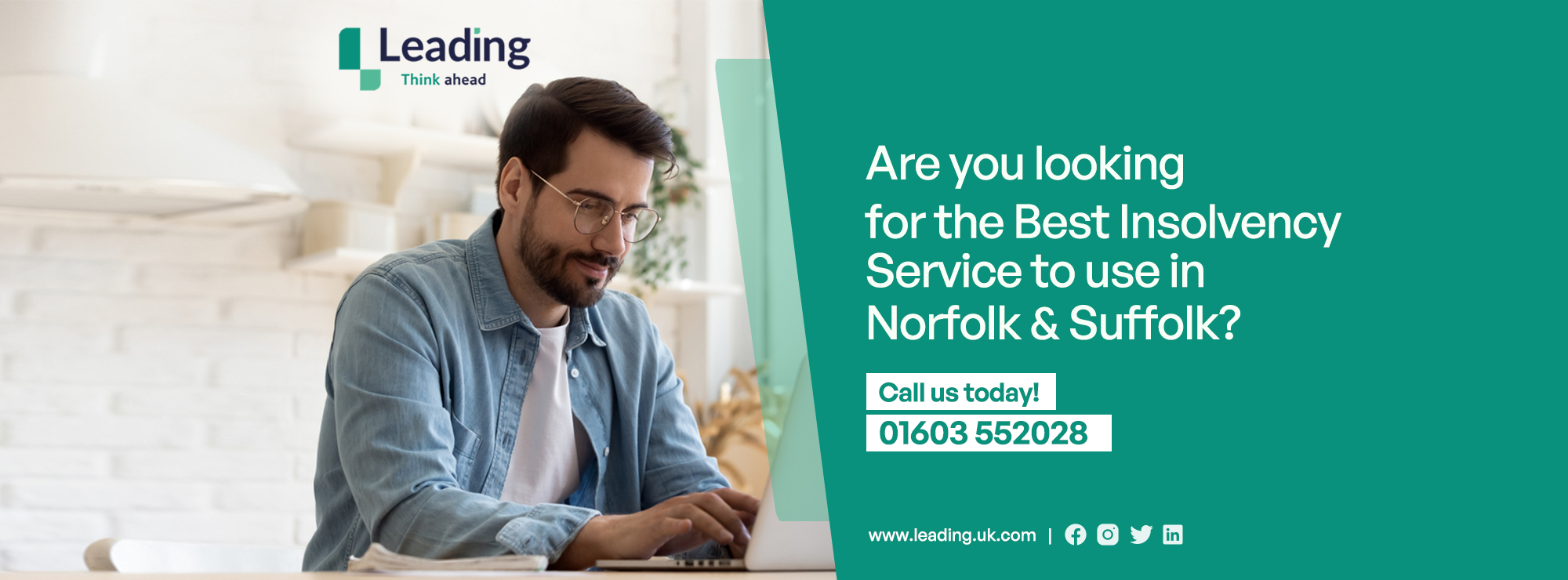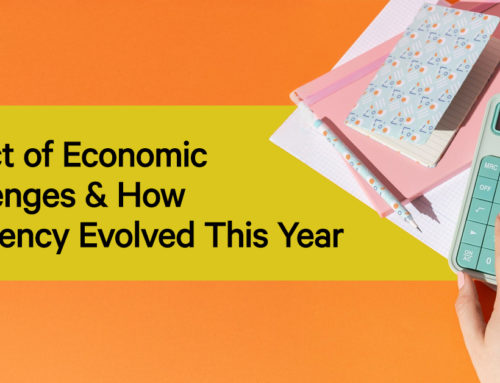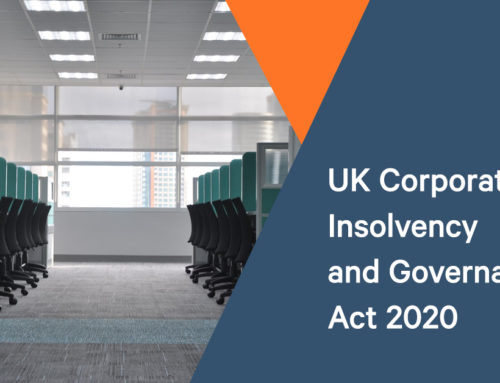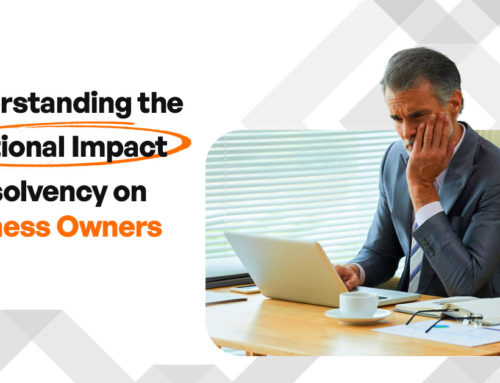Mention the word bankruptcy and people visibly recoil however, for partnerships and individuals who are struggling with debts in excess of £5,000 it could be the only solution.
In January 2021 alone, there were 818 bankruptcies and 1,167 Debt Relief Orders (DRO) – an order that stops your creditors from taking legal action against you. Part of the fear of applying for bankruptcy is that most people don’t know what happens after bankruptcy has been filed. Therefore, although they may qualify to apply, they don’t take advantage of the benefits of bankruptcy. Let’s look at bankruptcy services in the UK in more detail.
What is bankruptcy?
The legal definition for bankruptcy, according to HMRC, is ‘a legal procedure for a business or individual who are not able to pay their debts. A bankruptcy petition can be filed by either the debtor, which is more common, or on behalf of creditors – it is a different process – by an insolvency practitioner (IP) via the court. If you have debts of £5,000 or more, you can only apply for bankruptcy online yourself and there is a fee to pay to HMRC, which is currently £680. Alternatively, you can go through an IP; if you do, you are liable for the IP’s fees as well.
An IP will assess all your debts and assets to get a better understanding of your financial position. An adjudicator who works for the Insolvency Service will assess your case and decide if you are eligible for bankruptcy. It may well be the case that if you have assets of high value, such as an expensive car, this will be sold to pay creditors. However, in most cases, there are insufficient assets of high enough value to pay creditors and therefore an arrangement is agreed with creditors that the debtor pays a monthly amount to the IP who then distributes the agreed amounts to the creditors.
Anyone who declares bankruptcy will have to follow the legal procedure in accordance with the Insolvency Act 1986. In addition, your name and the bankruptcy details will be published in the Individual Insolvency Register.
Bankruptcy is only applicable to individuals. So, if you have personal debts and are an individual, a sole trader or in a partnership business, you can declare bankruptcy. However, if you are an insolvent limited company, it is a different liquidation process.
What happens after bankruptcy?
Whilst bankrupt, there are certain things you are not allowed to do:
- Borrow over £500 without declaring you are bankrupt
- If self-employed, change the name of your business
- If you live in Northern Ireland, leave the country without permission
- Buy a house through the ‘Right to Buy’ scheme
- Be a company director.
Generally, you are released, or discharged, from legal restrictions after 12 months as well as from your debts, i.e. any debts remaining are written off. However, it is worth noting that any assets that were part of your estate whilst you were in a bankruptcy period can be used to pay any debts after the bankruptcy has been discharged.
Other aspects that you will need to consider include:
- Bank accounts – usually, any bank accounts you have will be closed once declared and following your bankruptcy. That doesn’t mean you can’t open a new bank account, you can but it will only be a basic account, i.e. no overdraft facilities. If you had any money remaining in your account when it was closed, you do not have access to that money and it isn’t returned to you. It is given to the official receiver (OR). That said, if you need some of those funds to pay for living costs, the OR will distribute accordingly. If the account is in joint names, it will still likely be closed by your current bank. Therefore, either close the bank account and refund any monies due to the other party or remove your name from the account before declaring bankruptcy. However, 50% of any credit balance will have to be paid to the OR. It is unlikely you will be able to open a current account for some time as banks carry out credit checks.
- Individual Insolvency Register – when you declare bankruptcy, your name and details are recorded on the Individual Insolvency Register. Anyone can access the Register and your details will remain on the Register for three months after you have been discharged from bankruptcy. You will then have to apply to have your name removed from the Register; it doesn’t happen automatically.
- Loans and credit – your bankruptcy will be on your credit file for six years, which impacts your credit score even if you have paid all your debts before the six year period has ended. Therefore, being able to get access to loans and credit will prove difficult.
Sole traders and bankruptcy
As a sole trader, you are personally liable for any debts your business incurs and as such, can declare bankruptcy. However, it does mean that your business bank accounts and business will be closed, your personal details and that of your business will be added to the Individual Insolvency Register, you are not allowed to be a company director for the bankruptcy period, and you will find it difficult to get credit or loans.
Partnerships and bankruptcy
A company or a partnership in its entirety is not allowed to declare bankruptcy; if they are insolvent, they are subject to a different liquidation process. However, a partner in a partnership can declare individual bankruptcy but there is a significant impact on the other party of the company. Both partners will need to draft a statement of affairs (a SOFA) which details financial and business plans, personal creditor statements, as well as any assets and how much they are worth.
Any bank accounts held in joint names will be closed or the bankrupt partner’s name will have to be removed from the business bank account. In addition, a minimum of 50% of any funds held in those bank accounts will have to be paid to the OR.
Entering bankruptcy is a step that should never be taken lightly and only after getting professional advice, and careful consideration. If you are struggling with debts and are thinking about bankruptcy, stop; the first step is to seek professional advice as there may be other options available that are better suited to your circumstances. Our highly experienced professionals at Leading UK are on hand to help and advise on the process.






